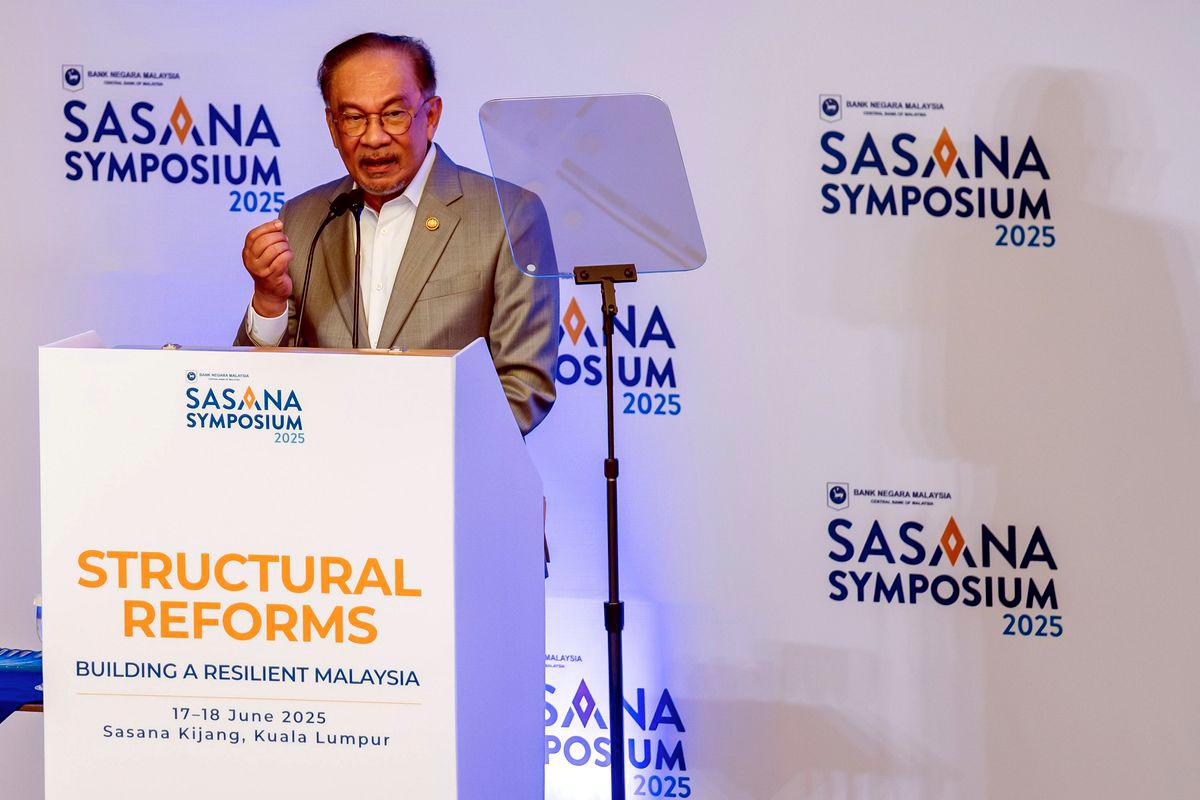KUALA LUMPUR: Bank Negara Malaysia (BNM) and financial institutions are encouraged to work alongside the government in enhancing public understanding of fiscal measures being implemented, while also helping to address negative narratives surrounding the issue.
Prime Minister Datuk Seri Anwar Ibrahim said such cooperation is important to ensure accurate and balanced information reaches the people, particularly amid efforts by certain quarters to politicise economic policies and shape public perception.
“For example, for the subsidy rationalisation, (the opposition will say) the country is extremely poor, they (government) are oppressing the people, that is the narrative that you find in the social media. But the RON95 subsidy rationalisation programme has to be done.
“So it has to be explained, well articulated. Get the people to understand and appreciate, it is vital to ensure not only the programme is considered to be effective or sound policies, but effectively implemented and understood by the majority of our people,” Anwar, who is also Finance Minister, said at the SASANA Symposium 2025 here today.
Also present were Chief Secretary to the Government Tan Sri Shamsul Azri Abu Bakar, BNM Governor Datuk Seri Abdul Rasheed Ghaffour and Secretary General of the Treasury Datuk Johan Mahmood @ Johan Mahmood Merican.
Anwar admitted that not all fiscal measures introduced by the government such as subsidy adjustments and tax system reforms were popular decisions.
Hence, he said, BNM and financial institutions must play their role not only in supporting structural changes or paradigm shifts, but also in providing understanding to the public.
Anwar also commended BNM’s effort in organising the SASANA Symposium, describing it as an important initiative to bring the great minds of intellectuals, the government, industry players and academias to chart a course forward towards structural reforms for a resilient Malaysia.
Yesterday, Anwar said the government is committed to implementing the RON95 petrol subsidy rationalisation exercise, reiterating that it would not affect 85 to 90 per cent of the population.









